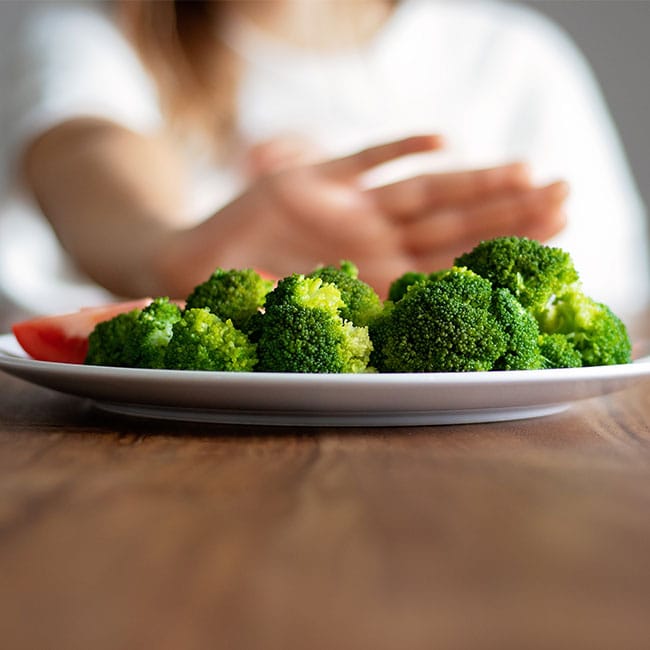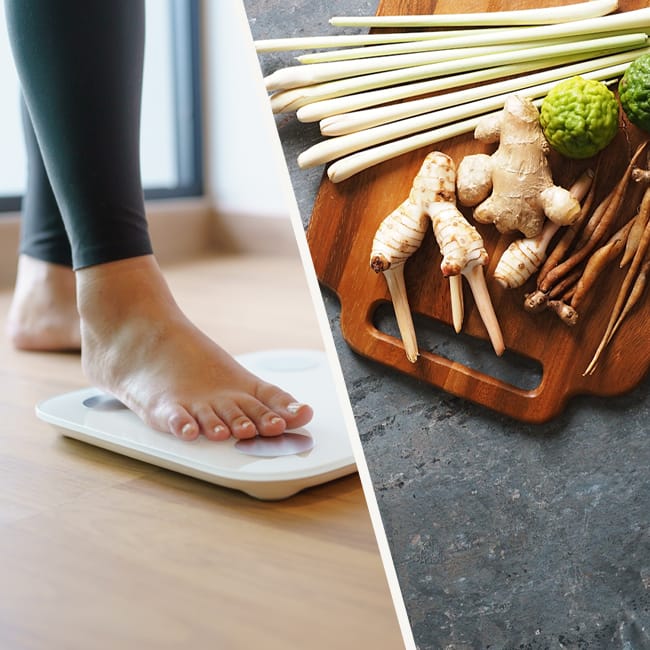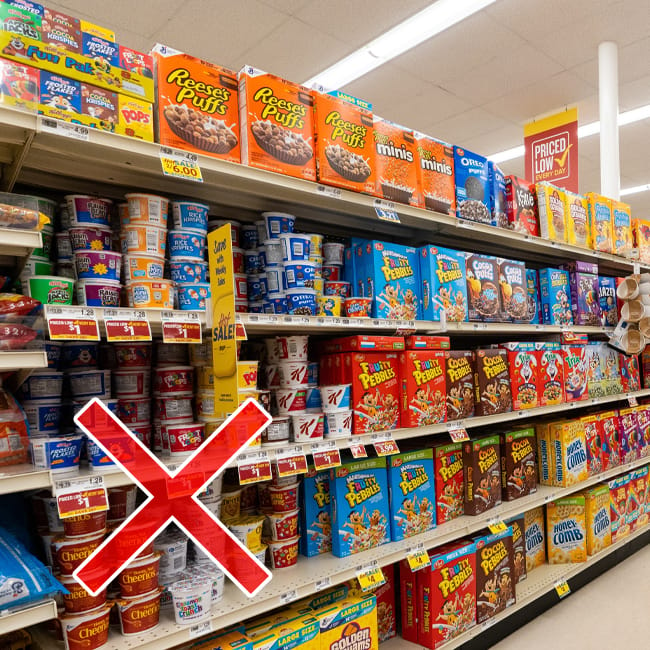Oftentimes, people think that the key to losing weight is restricting yourself from eating certain kinds of food. While this is partially true, it’s important to understand that exercising regularly, getting enough sleep, and staying hydrated are also factors that should be taken into consideration.
And when it comes to dieting, there are instances when people choose to skip their meals overall with the thought that eating less will yield better results. Unfortunately, this is not always the case. In fact, skipping meals can even be detrimental to your overall health. We reached out to nutritionist and registered dietitian Anna Brown, MS, RD, of Nutrition Squeezed to explain. Keep reading to learn more.
How Skipping Meals Can Affect Your Body
Metabolism
“Skipping meals can slow down your metabolism as your body tries to conserve energy and enters ‘survival’ mode to save stored fat and glycogen for essential functions like your heart, lungs, and brain. Evolutionarily, this was an advantage since we didn’t have 24/7 food delivery and a grocery store every few blocks. Instead, we were dependent on seasonal foraging and hunted animals. Now, regularly skipping meals and eating less than your body needs keeps your body in this survival mode state and results in your body storing everything you eat (instead of using it), which can lead to weight gain.”
Blood sugar
“Not eating at regular intervals during the day can wreak havoc on your blood sugar, causing it to dip too low (hypoglycemia) and result in symptoms like cravings, moodiness, shakiness, headache, and irritability—aka getting hangry! For optimal blood sugar balance for a healthy individual, it’s ideal to eat well balanced meals and snacks consisting of protein, carbs, and fat every 3-5 hours when we’re awake. Always work with your doctor if you are prediabetic or have been diagnosed with diabetes.”
Cortisol
“As we’ve discussed, skipping meals puts your body into survival mode which also causes an increase of cortisol production. Cortisol is useful in survival mode because it releases stored glycogen from your liver into the bloodstream to maintain energy levels and proper functioning of crucial organs. However, chronically elevated levels of cortisol from regularly skipping meals can lead to inflammation, anxiety, trouble sleeping, weight gain, and hormone imbalance.”
Hormones
“Overall, hormone balance can get out of whack from skipping meals due to the above mentioned factors since insulin and cortisol are hormones. When insulin and cortisol are out of balance, it can create a cascade of additional imbalances with our sex hormones (estrogen, testosterone, and progesterone—and therefore, affect our menstruation cycle), our sleep-wake hormones (cortisol and melatonin), and our HPA-axis (aka adrenals).”
Circadian rhythm
“Our internal 24-hour clock thrives on consistency, routine, and outside influences including light, food, temperature, and movement. When we skip a meal, especially breakfast, it’s been shown to throw off our circadian rhythm and result in symptoms similar to jet lag—fatigue, digestive issues, brain fog, and hormonal imbalances. Even the bacteria in our gut microbiome have been shown to have a circadian rhythm and skipping meals can lead them to get out of balance and cause digestive issues.”
Digestion
“In addition to disrupting the circadian rhythm of our gut microbiome, skipping meals can also result in digestive issues like bloating, constipation, and diarrhea. Our digestive system thrives on routine so skipping a meal (and then overeating at the next meal as is often the case), messes with our body’s ability to properly digest food and leads to a variety of uncomfortable conditions as mentioned above.”
Mental and emotional wellbeing
“Skipping meals not only affects us physiologically as outlined above, but it can affect our mental and emotional health, as well as our relationship with food.”
“If you’re skipping meals to ‘save up’ for a big dinner or to lose weight, you may find yourself feeling restricted or overly controlling around daytime food which can result in overeating later at night as your body tries to make up for lost nutrients.”
“Meals are a time to nourish our bodies, socialize with friends and family, and to enjoy your favorite foods. If you’re struggling with your relationship with food or weight, I recommend seeking help from a qualified Registered Dietitian who can help you overcome any negative feelings around food and replace them with feeling empowered and joyful about your food decisions.”
Tips On Healthy Eating
According to Brown, her favorite tips to ensure she always has easy, healthy food ready to go include:
- “Meal prepping for just 1-2 hours on Sundays. I like to make a big batch of whole grains like quinoa or brown rice; a couple servings of protein like baked salmon, a whole roasted chicken, or crispy tofu; some seasonal vegetables like roasted root vegetables, chopped carrots and celery, or a mason jar greek salad; and a few easy breakfast options like overnight oats or chia pudding that keep in the fridge for 3 days.”
- “Additionally, I always pack healthy snacks if I’m traveling or out and about. I love packing ‘naked snacks’ because they’re better for you and better for the environment. Credit for the phrase ‘naked snacking’ goes to Abby Cannon, a fellow Dietitian and low waste living expert! Some ideas include a hard boiled egg and some berries in a Stasher Bag, DIY trail mix stored in a Stasher Bag, or hummus and carrot sticks in a mason jar.”
- “I like to work with my clients to identify 2-3 healthy go-to meals from their favorite restaurants or lunch spots for days when they don’t have the time or energy to cook. These usually include things like soup, salads, or sandwiches loaded with veggies, proteins, and complex carbs that they can order or pick-up in a pinch. No excuses for skipping meals!”
She adds, “To get back on track after skipping a meal, just start with your next snack or meal! There’s no need to ‘throw in the towel’ or wait until Monday to reset. Just make sure you give yourself the time and opportunity to have a good snack or meal soon after skipping your meal.”
Lastly, she notes, “Always remember to eat with the sun to support your circadian rhythm and therefore, optimal health. This includes eating a large breakfast within 2 hours of waking, enjoying lunch as the biggest meal of your day between 12-1pm, an afternoon snack, and making dinner the smallest meal of your day before 7pm when our digestion starts to slow down as it prepares for bedtime. This way, you’re nourishing your body during the day when it biologically wants to be eating and avoiding late night snacking when our bodies really want to be resting and repairing. More on meal timing and chrononutrition can be found here!”


























